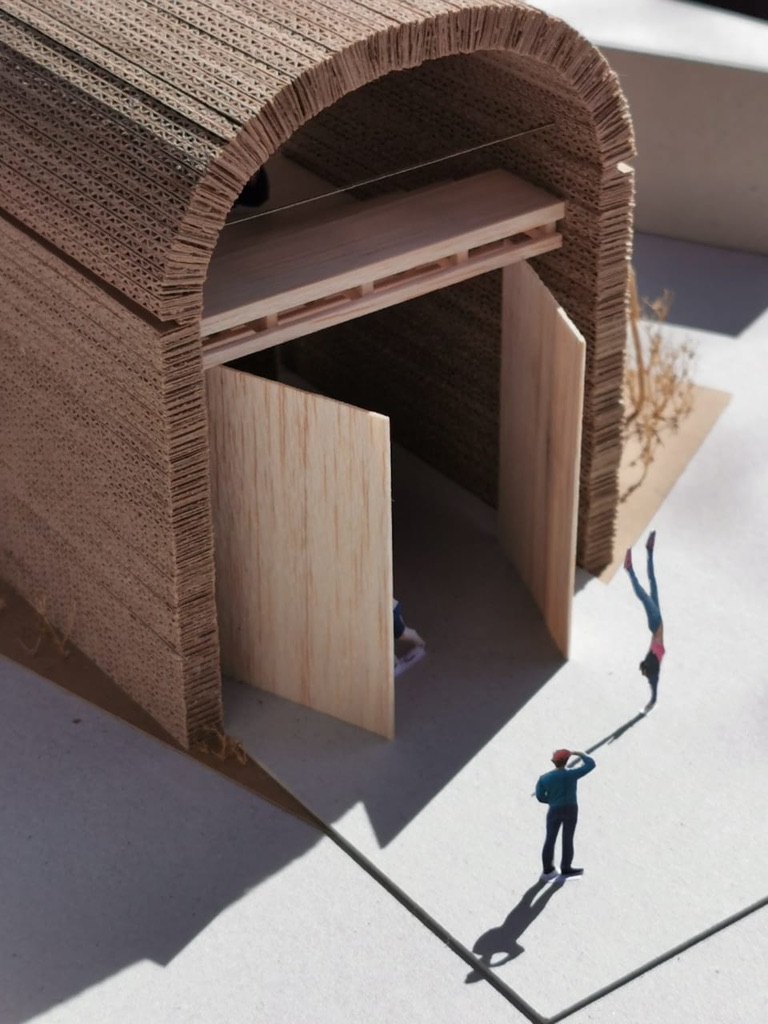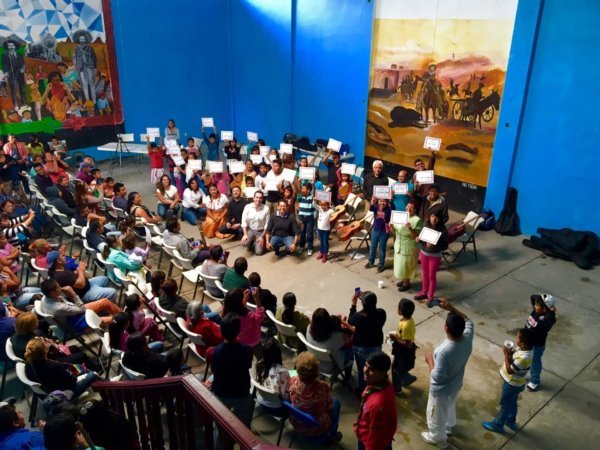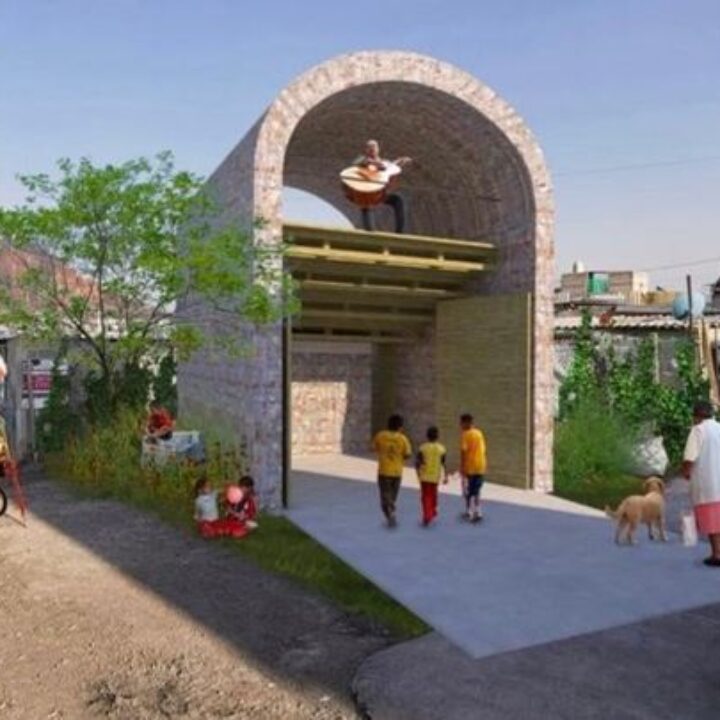Mission
Kithara Project is a collective of internationally acclaimed classical guitarists with the mission of enriching the lives of young people worldwide through the classical guitar. The guitar is unique in its ability to appeal to people of all ages, cultures and backgrounds. Kithara Project currently maintains three ongoing, community-based guitar education programs: one in a community center serving a low-income housing development near Boston, another in an self-governing community in southeast Mexico City, and another in an elementary school in Albuquerque’s South Valley.

Kithara Project provides classical guitar education to children and youth in neglected communities in the US and Mexico. Our programs are tuition-free, community-based, and here to stay.







What Problem Is Kithara Project Solving?
Why the Guitar?
The guitar is arguably the most popular instrument in the world. It is versatile, portable, accessible, intimate, and eminently lovable, reaching across socioeconomic and other societal fault lines to connect with people of all ages and backgrounds. It might also be said that no instrument provides so poetic a metaphor for shared histories and cultural fluidity. The ancient Greek kithara, which inspired this organization’s name, was a prototypical plucked instrument, “ancestors” of which can today be found nearly anywhere in the world. It is from kithara that we get the Latin cithara and, of course, the chitarra, guitarra, and guitar we know and love today. In all probability, the word kithara comes down to us from the Persian setar, which translates literally to “three strings” and which describes an old plucked instrument often heard in the folk music of Iran and Central Asia. Setar is also the etymological root of the the Indian sitar and the Central European zither, to name just two. Down to the very name then, the guitar, as an instrument of diplomacy and education alike, taps into a powerful wellspring of common heritage.


